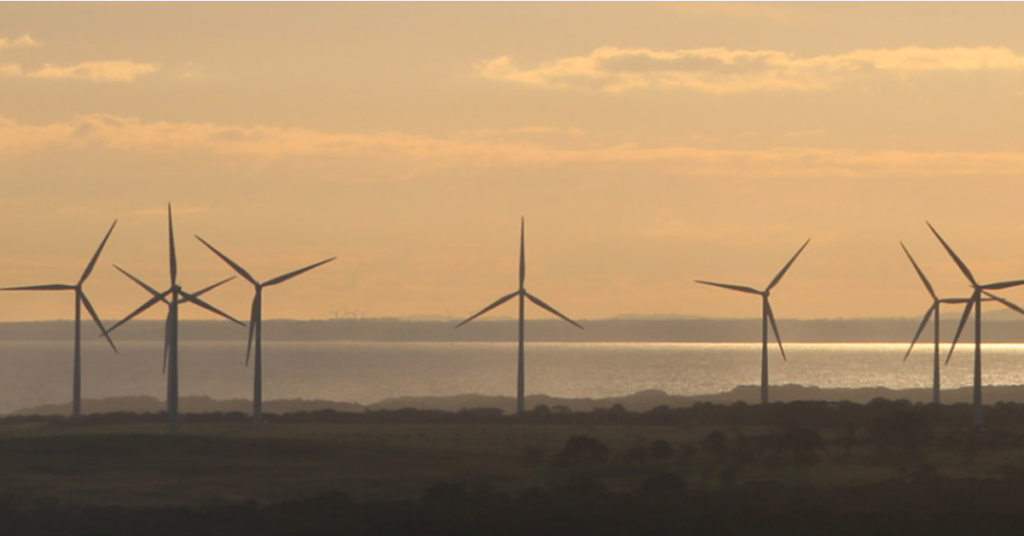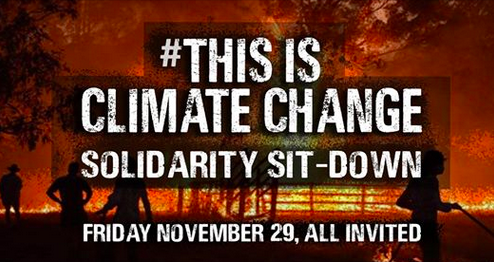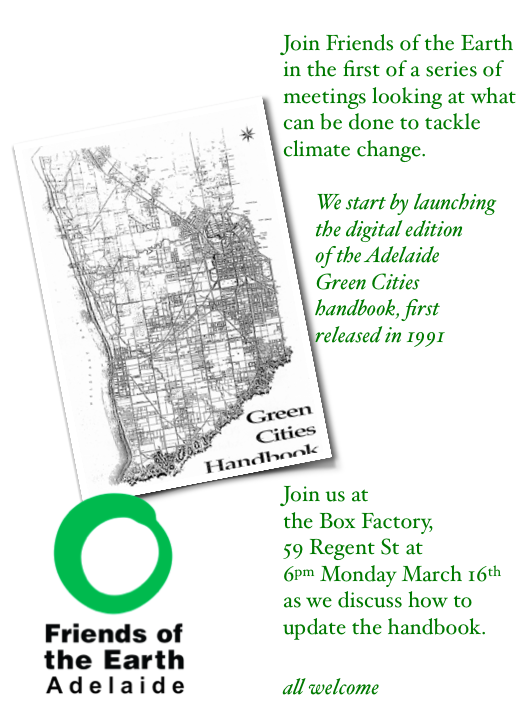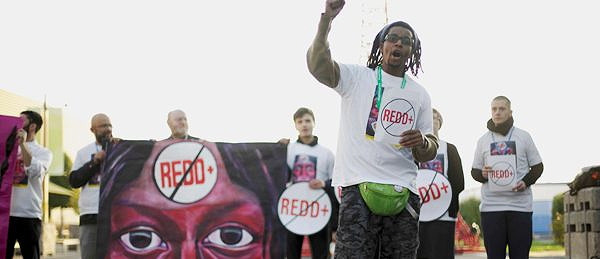Climate
Resurgence of carbon markets threatens people, politics and planet
from Expectations of Friends of the Earth International for COP25
As the international climate talks open today in Madrid, Spain, the world faces the re-emergence of a threat that could derail urgent action on the climate crisis: Carbon Markets are back on the table as a proposed ‘solution’ to reduce emissions.
Dipti Bhatnagar, Climate Justice and Energy Programme Coordinator for Friends of the Earth International, from Mozambique, said:
“Big polluters must be rubbing their hands in glee that carbon market mechanisms, which further dilute the already weak and inadequate Paris emissions targets, are back on the agenda. We will fight them tooth and nail. The climate crisis is already devastating lives. Emissions are still rising. Now is not the time to offer an escape route to polluting Northern country governments and big oil.”
Tackling the climate crisis requires a total, radical and immediate shift away from fossil fuels and a huge flow of finance from the global North to the global South. This is needed to repay the ecological debt, for a just transition and for loss and damage. We need an economic and political system which serves the needs of people, not profit – nothing less than radical system change.
Bhatnagar continued:
“Carbon markets fail to deliver emissions reductions or adequate climate action and impact horrifically on Indigenous Peoples and local communities. They only serve to strengthen corporate power and impunity, deflect responsibility from rich historical polluters and prevent urgent and equitable action on climate change.”
With an abrupt change of location a month ago, COP25 becomes the third of four consecutive UN climate conferences to be held in Europe. As a result, Southern participation continues to be undermined. Northern governments and corporations will be hoping for less scrutiny from communities in the South so they can try and push through dangerous false solutions. Friends of the Earth International and our allies in the climate justice movement will be watching.
Beyond Coal

Coal power generation is the single largest contributor to greenhouse gas emissions in Australia, being responsible for over one quarter of total emissions. Given that burning coal is our leading contributor to climate change, moving our electricity supply away from coal is one of the quickest, most efficient ways of doing our part to act.
There is a pathway to avoiding the worst impacts of climate change, and avoiding a catastrophic rise in global temperatures. Retiring every coal-burning power station over the next decade — and replacing them with clean energy generation and storage — is the simplest and most effective way for Australia to do our fair share of reducing greenhouse emissions to a safe level. It’s our best shot to tackle climate change, protect people, and protect our planet’s natural places.
That is why we have joined together with six other community-based groups to launch the Beyond Coal campaign.
Change is already happening in the coal sector. But this transition needs to be managed. We need a plan to drive the changes that climate science tells us are needed, while looking after the workers and communities who currently rely on coal.
As Australia’s energy system diversifies, so too will the jobs available in the sector. According to the Institute for Energy Economics and Financial Analysis, investing in relatively new technologies — like battery storage, battery storage, hydrogen, lithium and rare earths — could be one of our best opportunities to create regional jobs and grow industry hubs. In Victoria, the proposed Star of the South offshore wind farm is expected to provide 12,000 jobs in construction, and 300 ongoing jobs – and could provide up to one-fifth of the state’s electricity needs
Solidarity Sit-down Fri 29 Feb, Parliament House
from School Strike 4 Climate:
 Our Government’s inaction on the climate crisis is contributing to catastrophic fire conditions. People are hurting. Communities are being devastated. And summer hasn’t even begun.
Our Government’s inaction on the climate crisis is contributing to catastrophic fire conditions. People are hurting. Communities are being devastated. And summer hasn’t even begun.
But rather than take real action on the climate crisis, all our Government offers is their thoughts, prayers and more support for coal, oil and gas projects.
Our Government has repeatedly ignored Indigenous leaders and firefighters’ warnings of a spiralling bushfire crisis. And they have failed to provide the support needed to manage country and bushfires in a time of climate crisis. They need to be held to account.
On November 29, join all of us at Solidarity Sit-Downs to demand increased support for Indigenous land management and the Rural Fire Service and real climate action:
1. No new coal, oil and gas projects
2. 100% renewable energy and exports by 2030
3. Funding for a just transition and jobs for fossil fuel workers and communities.
Together, we’ll sit shoulder to shoulder outside the offices of our MPs and fossil fuel companies across Australia and hear from those on the frontline of the climate crisis. We’ll also donate to support those impacted by and fighting the fires: https://tinyurl.com/yekkfblg
Bring a cushion, and together let’s show solidarity with everyone on the frontlines of the climate crisis.
Adelaide: 12 noon Friday 29th, SA Parliament
Repairing the Planet
Practical solutions to environmental concerns are addressed with the hope that filmmaker Damon Gameau’s daughter, 21 years old in the year 2040, will face a hopeful future.
The film looks at possible solutions in four key areas:
Energy
We look at what can be done with solar panels capturing sunlight and trading it between neighbouring houses.
What happens if we extend the idea to trade electricity over a larger region?
Can we manage our own energy more easily and cheaply than a massive centralised system?
Transport
Is it the end of the motorcar?
Or should me move to rented autonomous vehicles?
Perhaps better public transport?
And what could we do with the space currently taken up by super highways?
Food Production
Can we revise our food production to take better care of the soils, making them more productive
and allowing them to store more carbon at the same time?
Will growing food locally be more productive?
Should we move to a vegetarian diet?
Education
How can we release the creativity of those denied education?
What might happen if people who couldn’t afford education
— or were denied it by virtue of belief, gender or background — were given
the chance to create opportunities and solutions for their regions?
If you’d like to see this movie, you can get tickets for $15/$10 concession, or two tickets for $20.
Why not bring a friend to our screening on November 12th, 7pm at the Mercury?



